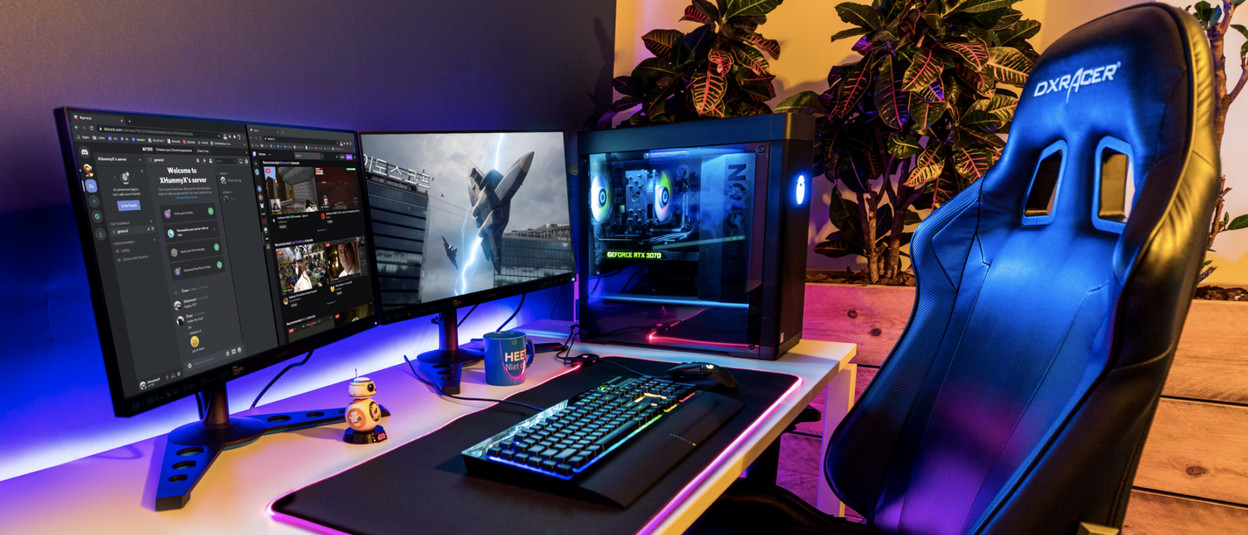Video games can touch us in many ways, and we've discussed this before. But what exactly do games do to our brains? Here is an explanation of how video games move us. It turns out that these games can actually influence our behavior! Here are some ways that video games can make us feel good. What if we could create such games? You might even be able to create the next blockbuster.
Some people think that games dull their emotions. But Isbister disagrees. She says that while a video game can leave you feeling numb, it can also be a positive experience. A positive emotional experience, on the other hand, can be like leaving a note in a child's lunchbox. So if you want to know how video games affect us, click here for more.
Emotion by Design by Michael Isbister brings together anecdotes and examples to make a case for games that evoke deep emotion. This book is especially useful for the study of games as it discusses topics such as meaningful choice and flow in digital games. He also explores social play, movement and network play. While Isbister does not purport to be a game design textbook, this book provides a useful overview of the subject.
Not only does the game make a person feel better, but it is also a fantastic tool for making serious situations more fun. A game like What If You Were In2 can even turn the wait at the intersection of levels into an enjoyable experience. The game gives you a visual representation of the place you are looking for. As we wait, we will feel like we are traveling again and our time will fly by. And this playful technology creates a "porous play circle" in which we can separate our frustrations.
Although transport theory is most often applied to literary events, researchers have begun to apply it to digital games as well. Immersive game design can encourage players to engage in empathic behaviors and actions. In many games, players take control of an avatar, actively embarking on missions and quests. They meet different characters and explore the virtual world by interacting with them. They even explore virtual worlds and find things. And these are just a few examples of how games move us.
While gamification can stimulate economic activity, it also turns play into work. This inevitably makes us more vulnerable to exploitation. The utilitarian nature of game design reflects a post-industrial culture that tends to downplay affects and emotions. Berkeman supports this utilitarian approach, suggesting that play is an act of radical self-improvement. But what is the best way to participate in games? The answer is both surprising and instructive.
Also Read: Cycling Betting Tips

